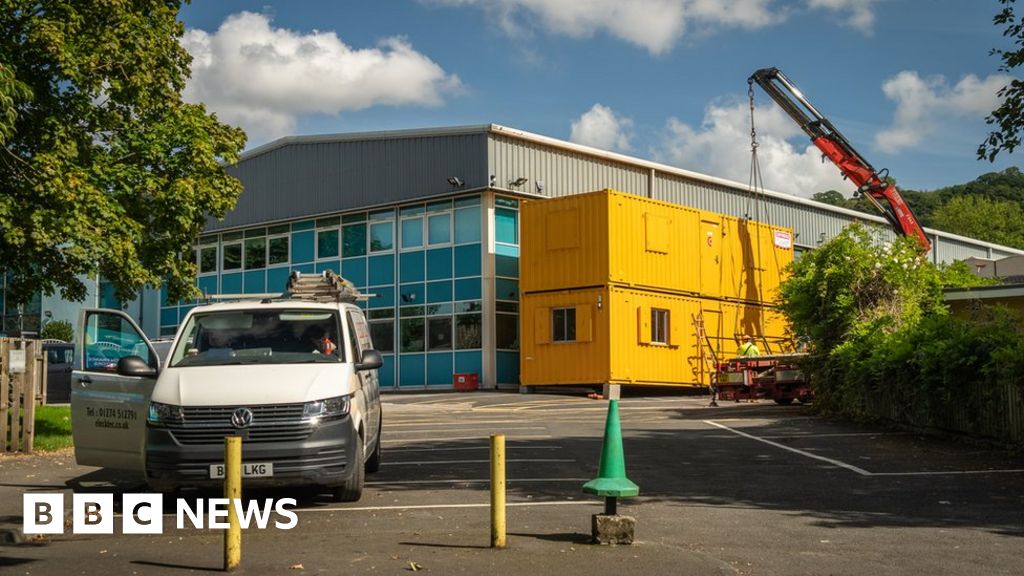- cross-posted to:
- [email protected]
- [email protected]
- cross-posted to:
- [email protected]
- [email protected]
“This is a lightweight “bubbly” form of concrete used widely between the 1950s and mid-1990s - usually in the form of panels on flat roofs, as well as occasionally in pitched roofs, floors and walls. It has a lifespan of around 30 years.”
A concrete panel expected to last 30 years was installed in 1995, in what year should you replace it?
What year math is that you suppose? Third grade? Fourth grade? Just asking…
Modern engineers praise the idea of not building something that lasts too long.
It’s really fucking stupid, but a great scam tactic to get a project approved and then have it be someone else’s problem when it starts to fail.
Who cares? I just need to get the construction in under budget so that I can get my end of year bonus, this will all be some other idiots problem soon enough.
Another pile of shit that we’ve inherited from fucking boomers who’ve failed to invest adequately in their children’s futures because they were more interested in a quick buck for themselves. The most entitled generation in human history and the first to leave the planet in a worse stat than which they found it in.
I just need to get the construction in under budget so that I can get my end of year bonus
Ah good ole capitalism at play. Gotta love it! No wonder we are all so absolutely fucked.
I never passed my OWLs so I don’t know
This is the best summary I could come up with:
Schools in England must immediately shut buildings made with a type of concrete that is prone to collapse unless safety measures are in place, the government has said.
Safety measures include propping up ceilings in buildings made with reinforced autoclaved aerated concrete (RAAC).
The Department for Education (DfE) has not given a timeline for replacing the RAAC, but school leaders have called for an “urgent plan” to fix buildings.
A report by the National Audit Office (NAO) in June assessed the risk of injury or death from a school building collapse as “very likely and critical”.
It highlighted concerns for school buildings that still contained RAAC - a lightweight form of concrete prone to collapse, used widely between the 1950s and mid-1990s.
“The plan we have set out will minimise the impact on pupil learning and provide schools with the right funding and support they need to put mitigations in place to deal with RAAC”.
The original article contains 238 words, the summary contains 155 words. Saved 35%. I’m a bot and I’m open source!



